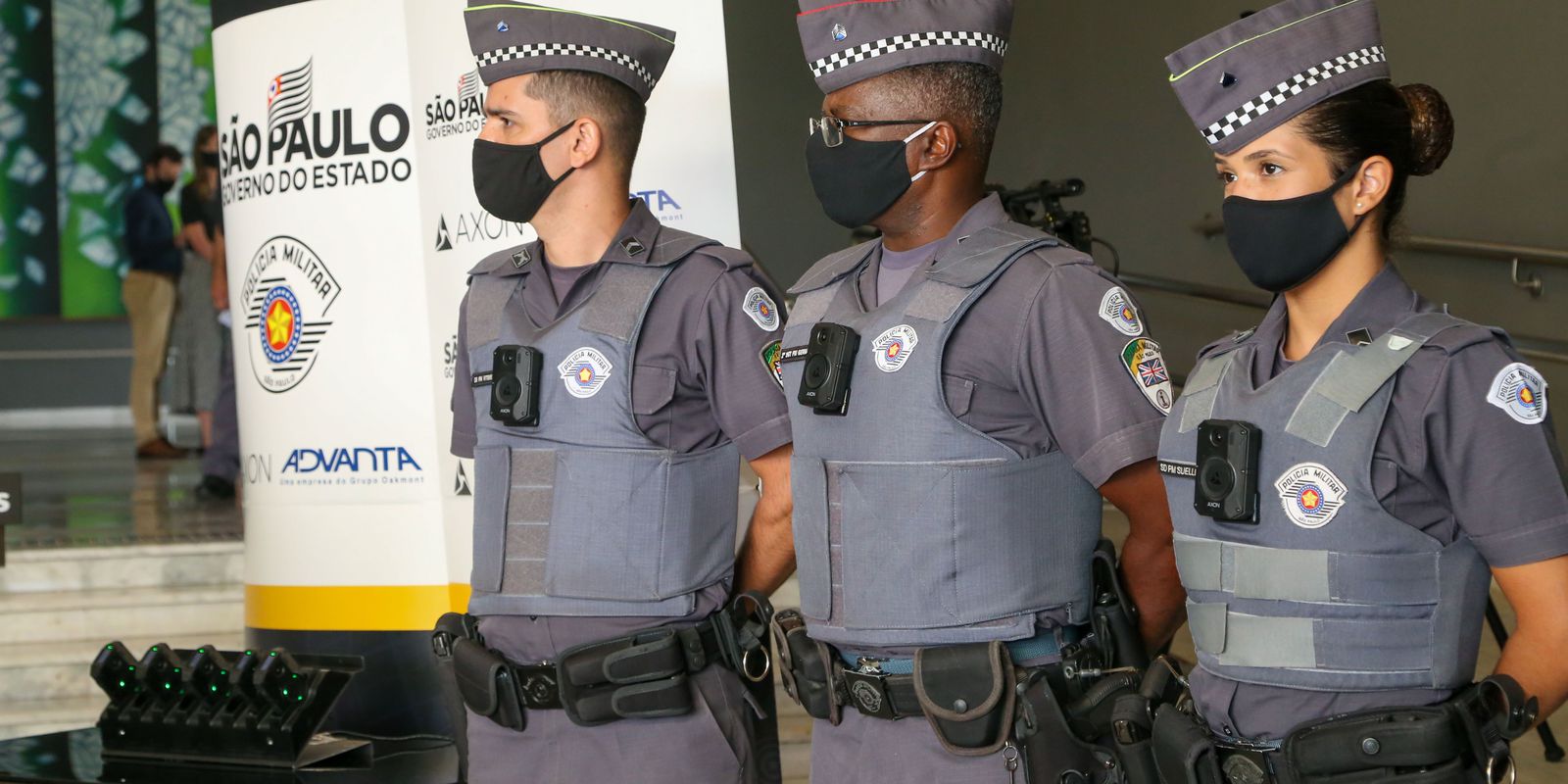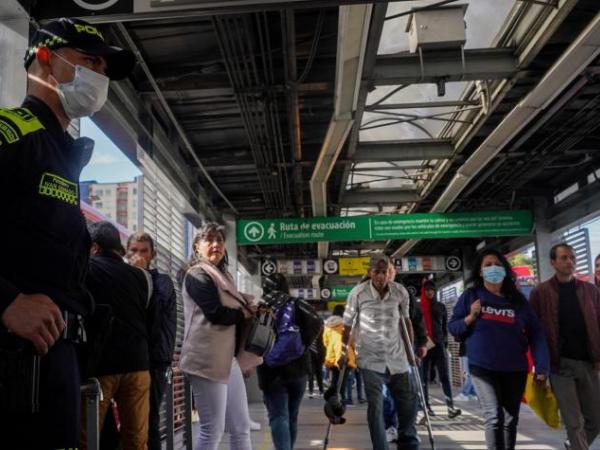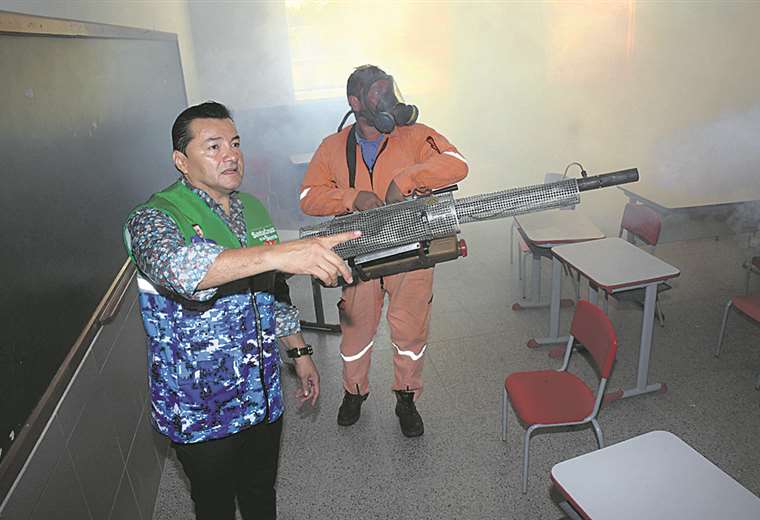The governor of São Paulo, Tarcísio de Freitas, said today (5) that he will not change, at this time, the measure that obliges the use of body cameras by military police in São Paulo (SP).
“We are not going to change anything. For those who are waiting for us to change this program now, we are not going to change it”, he said, during an interview given to journalists shortly after participating in a meeting with secretaries and the mayor of São Paulo, Ricardo Nunes, at the Bandeirantes Palace, seat of the government of São Paulo.
“In that first moment, nothing changes, we are not going to change anything. Over time, we are going to observe and reassess, what we will do with any other policy”, said the governor.
Yesterday (4), in an interview with a radio station in the interior of São Paulo, the new state secretary for Public Security of São Paulo, Guilherme Derrite, said that the government would review the use of body cameras. “We are going to review the program. What is good will remain and what is not being good, and that can be scientifically proven, we will propose possible changes to the governor”, said the secretary.
A study by the Getulio Vargas Foundation (FGV) released at the end of last year pointed out that the use of body cameras in the uniforms of the Military Police of São Paulo prevented 104 deaths. According to the study, body cameras had a positive impact, reducing by 57% the number of deaths resulting from police actions in relation to police units where this type of technology has not yet been implemented.
Derrite’s speech yesterday raised concern for the federal government. In a note, the Ministry of Human Rights and Citizenship wrote that “the success of this policy, demonstrated by science, means that it not only has to be reinforced and expanded in the regions where it is applied, but also that it is extended to all states of the federation”.
“We hope that any and all revisions of the program will be based on the best available evidence and that its primary objective will be to respect and protect the human right to life, both for public safety workers and the general population,” says the ministry’s note. .
Portable operational cameras, known as body cameras, began to be used by the São Paulo Military Police in 2020. These lapel cameras are attached to police uniforms so that their actions on the streets of São Paulo are monitored. The objective of the São Paulo government in installing these cameras on uniforms was to seek to reduce police violence.
Crackland
Tarcísio de Freitas and the mayor of São Paulo today discussed joint actions for the region known as Cracolândia, occupied by drug users and addicts. According to the governor, a new meeting was scheduled to take place on January 23 to present actions in search of solutions to this problem.















